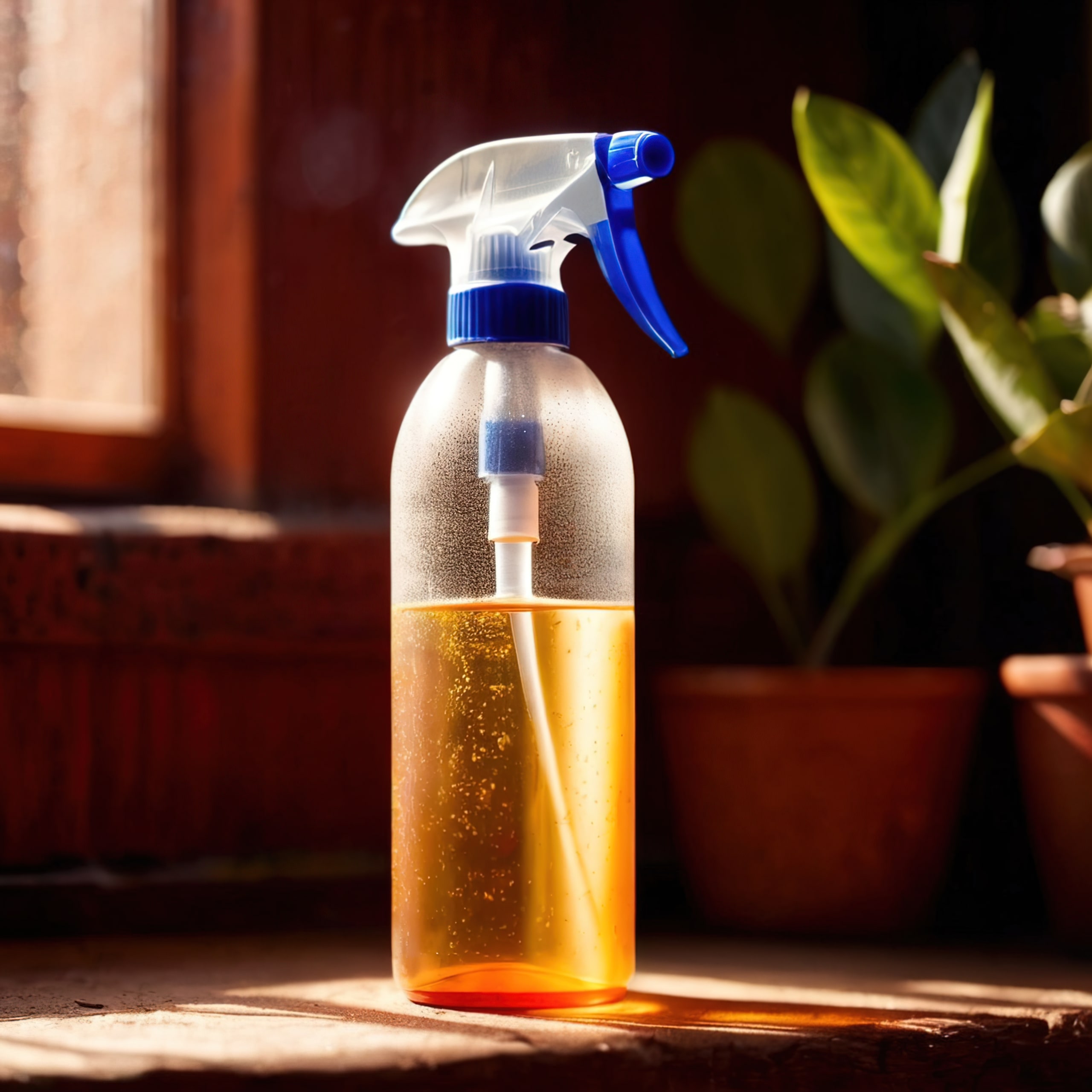Every day, we use products and services that depend on the interaction of materials, often overlooking the behind-the-scenes processes. One key player in these efficient interactions is wetting agent chemicals. These compounds subtly influence liquid behaviour, ensuring smooth spreading, mixing, and adhesion. Their applications span various industries, including manufacturing, cleaning, and cosmetics.
This blog delves into six key sectors, from agriculture to textiles to the beauty aisle of your local store, where wetting agents play a pivotal role in transforming everyday products and practices.
1. Textile Industry: Enhancing Fabric Treatment
These surfactants allow optimal solution absorption into fabrics and even penetration of substrate chemicals. They improve overall fabric quality and finish by removing dirt, oil, and other textile contaminants.
Sub-applications include:
- Dyeing: Uniform dye absorption.
- Printing: Smooth application of inks & colours.
- Fabric Finishing: Even penetration of softeners/water repellents/flame retardants.

2. Agriculture: Wetting Agent Chemicals Boosting Efficiency
In agriculture, they are added to agrochemicals, like pesticides and herbicides, to penetrate the waxy surfaces of plants. This reduces the chances of runoff and ensures thorough coverage and better control over pests and diseases.
Key advantages in agriculture:
- Enhanced Spreadability: More surface area coverage.
- Increased Penetration: Deeper absorption of herbicides or fertilisers.
- Reduced Chemical Waste: Minimal loss of chemicals.

3. Cleaning & Hygiene Products: Improving Performance
Vital for most cleaning products, they help emulsify oils and grease, removing these substances from surfaces without leaving residue. They are present in household detergents and industrial degreasers.
Typical cleaning product applications:
- Laundry Detergents: Better dispersion of detergents in water.
- Dishwashing Liquids: Efficient oil and grease breakdown.
- Surface Cleaners: Thorough cleanse of stubborn stains and grime.

4. Paints & Coatings: Achieving Seamless Finish
Wetting agents are extensively used in the formulation of paints and coatings. By improving the flow properties of the paint, wetting agents enable easy application, even on challenging surfaces or in varying environmental conditions.
How wetting agents help in painting:
- Flow and Levelling: Ensuring a smooth, even coat of paint.
- Improved Adhesion: Helping paint stick to surfaces without peeling.
- Elimination of Surface Imperfections: Preventing bubbles, foam, or streaks.

5. Cosmetics Industry: Upgrading the Texture & Feel
Wetting agent chemicals are an integral part of cosmetics and personal care products. They help emulsify oils and water-based ingredients to stabilise formulations, improving their performance.
In-depth uses in cosmetics:
- Shampoos and Shower Gels: Improving wetting and uniform spread.
- Moisturisers & Conditioners: Even application and skin penetration.
- Creams and Lotions: Enhancing texture and ensuring a non-greasy feel.

6. Oil Recovery: Efficiency in Extraction
Often used in enhanced oil recovery (EOR) techniques, they maximise the yield from oil fields, helping sustain oil production in mature reservoirs.
How wetting agents are applied in oil recovery:
- Improved Oil Displacement: Reducing interfacial tension between water and oil.
- Increasing Recovery Rates: Boosting Reservoir Oil Extraction.
- Boosting Efficiency: Enhancing EOR techniques such as water flooding.

Wetting agent chemicals exemplify the power of innovation, driving efficiency and quality across industries with their catalytic role for progress in modern industrial and consumer applications.
Sources:
https://www.crodahomecare.com/en-gb/effects/wetting-agents
https://www.oil-and-gas-surfactants.com/en/technologies/wetting-agents
